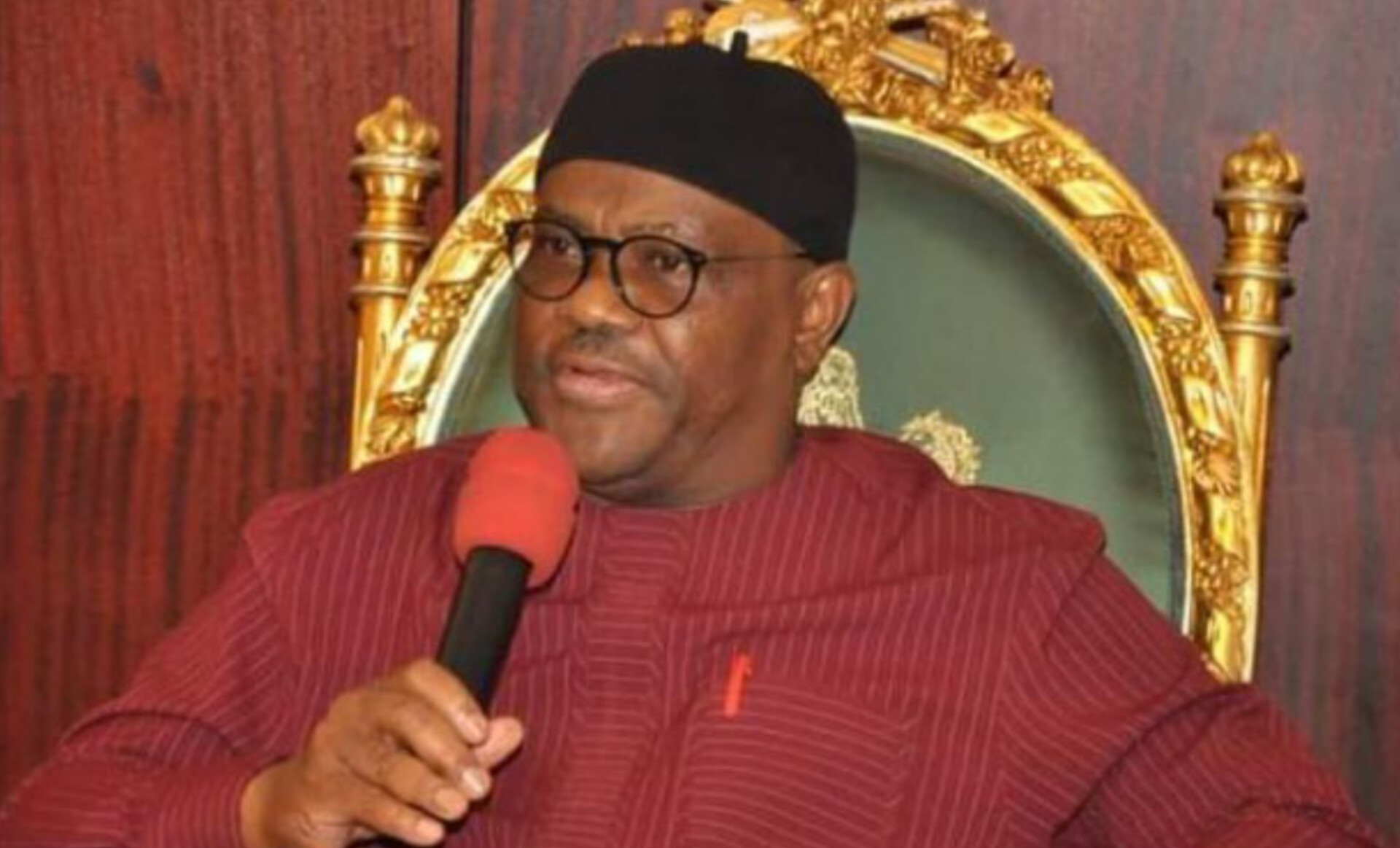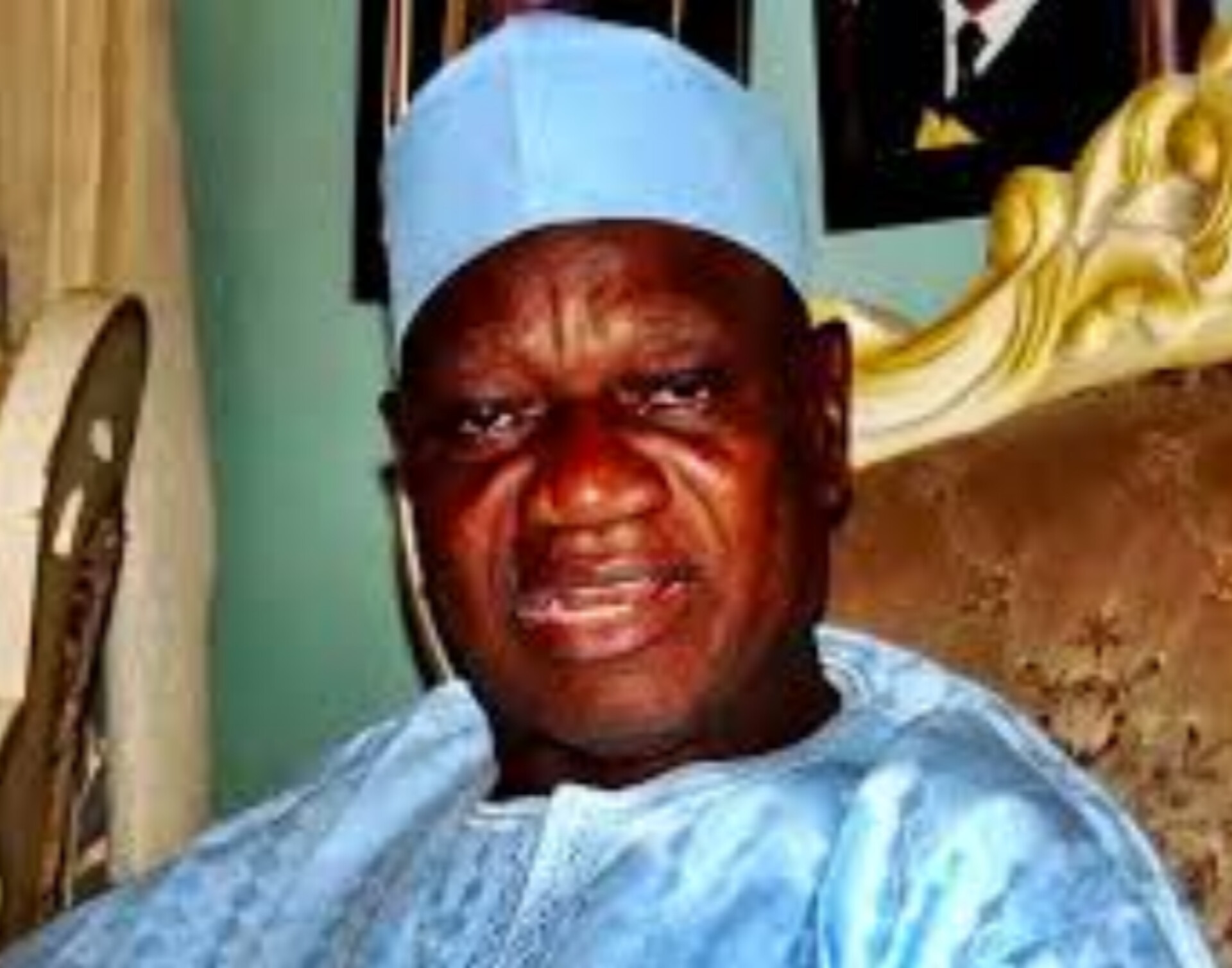The minister of the Federal Capital Territory (FCT), Nyesom Wike has disclosed how his administration was able to save $53m for Nigeria from contract of $128m approved by the immediate past adminiatration of President Muhammadu Buhari
He said the administration of President Bola Tinubu met the contract for the operation of the Abuja Metro Light Rail at a whopping $128million.
Speaking before the Senate Committees on FCT and FCT Areas Councils that the administration was forced to demand details and urgent reviews of the sum because there was no way the Federal Government could afford to pay such an amount.

Wike, who appeared before the committees to defend the N1.1trillion statutory budget of the FCT for this year, told lawmakers that the contract was signed by the government of his predecessor, former President Muhammadu Buhari.
Narrating the encounter between him and the contractor, CCECC, the minister said he got to learn that the cost of operations also covered personnel training for 29 months.
He stated, “This was projected by the last administration. We did a review and brought it down to $75m, in the process, saving about $53m for the government.
Wike added, It had to do with the Metroline. “The cost for the construction is different, the cost for the operation where CCECC is insisting, we train our people 29months so and it was approved by FEC before this administration $128m.”
“I told CCECC, you have made your money in the construction and you don’t want this job to go on, convert $128m how much is it.
“Obviously you are saying that this thing will not work and it is a sabotage. I look at it, I told my team to call the contractor for us to sit in argument.
“We argued back and forth and I insited no, it is better we leave the contract. To cough out $128m from where? At the end if the day the committee recommended $63m I said OK.
“By the end of the day we came up with $75m because of the additional work and since we are preparing for the opening on the 29th because there are 12 Stations where we have to put them in order. That is why it became $75m and I have told them to prepare the agreement and let them go and start working.
“There is no way for operation to train our people to gulp $128m it is unbelievable
I had made it known to that council and if they had not agreed no option but to tell the.President, there is nothing we can do, we can not go kn with the project. $128m at what Naira to a dollar? Calculate it.
Even $75m calculate it.”
Commenting on the delay or non-ompletion of public projects, the minister spoke of his belief that most government contracts were “inflated”, adding that he owned no one apologies for taking that stance.
According to Wike, contracts inflated deliberately because government doesn’t pay on time, thereby giving contractors and others on the project chain the window to call for variations.
An idea he said he had opted to implement was to use Internally Generated Revenue (IGR) sources to part-fund some projects, while awaiting the releases of main capital budgets and in that way scuttle the plots by contractors and their collaborators in the system to seek variation at the slightest opportunity.
The N1.1tn statutory budget for 2024 is N506.5bn (44%) higher than the revised 2023 budget of N641.2bn.
Wike attributed the difference in the increase to “the expected loan from the commercial bank in the sum of N500bn”, which he said would be applied to new and ongoing projects in the territory.
The Personnel Costs component is N140.9bn, up from N99.5bn in 2023 or a difference of N41.3bn (29%).
“The increase is to accommodate the emoluments of the appointed mandate secretaries and other political appointees of the administration, payment of staff promotion arrears, peculiar allowance, staff wage award arrears and AEPD Conraiss arrears (11 months)”, he explained.
From N135.4m in 2023, the Overhead Costs of the FCT jumped to N280.5bn (24.44%) in 2024.
The minister told the lawmakers the additional N145.1bn would be spent on FCT Security Services; Loan Repayment; Logistics Support to Security Agencies; Operation and Maintenance of Wupa Sewage Treatment Plant; Maintenance of Dump Sites in Satellite Towns; Water Treatment Chemicals; and Welfare Packages (FCT Staff Palliative).
Compared to N2023 when the Capital Allocation was N406.2bn, the budget size for this year is N726.3bn or a 63.28% raise.
Wike also spoke on the challenges of managing land allocation in the FCT, disclosing that up to 1,500 cases were instituted against the administration, a reason it had also earmarked N5.5bn for legal servcyin 2024.
Among other issues, Wike revealed that the administration was battling cases of multiple allocations of the same land to different individuals and organisations.
“This time around, we are ready to take on them head-on; we are going to engage senior lawyers.
“We won’t rely on FCT Civil service lawyers because these ones also collude with those causing problems for for”, he added




